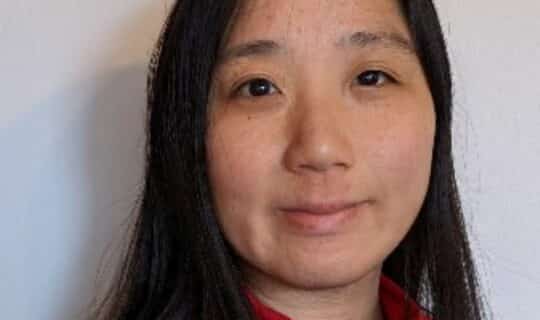
Dr Wei-Tan Renee Chow
- 15:00
- Zoom details to be circulated via email on seminar day,
- Professor Peter Currie
Zebrafish as a model for developing new approaches to treat calcific aortic valve disease
Abstract
Calcific aortic valve disease (CAVD) is the most common type of valve disease worldwide. Given that CAVD involves the aberrant reactivation of developmental pathways in response to abnormal blood flow patterns, there is a strong clinical incentive to better understand how blood flow-derived mechanical forces regulate valve development. In this talk, I will discuss how I used the zebrafish model to address this question. First, I will showcase a computational tool I developed that can be used to analyse mechanical force-dependent calcium oscillations in the beating heart. I will then talk about how I discovered that zebrafish valve formation involves a critical step of tissue sheet delamination, and how I used photoconversion technology, zebrafish genetics, and novel micromanipulation techniques to demonstrate the importance of mechanical forces in the regulation of this step. I will conclude with a brief discussion on how the zebrafish can be used not only as a tool for studying heart valve development, but also to study CAVD progression and valve regeneration, as well as my plans for overcoming challenges in these new areas of study.
Bio
Renee Chow is a developmental biologist who recently returned to Australia after completing her postdoc at the I.G.B.M.C. in France. In 2010, she was awarded the Cambridge Commonwealth International Scholarship and moved to the United Kingdom to pursue her Ph.D. studies at the University of Cambridge, where she studied retinal development under the supervision of Prof. Bill Harris. After completing her Ph.D. in 2015, she moved to France and worked as a postdoctoral researcher at the I.G.B.M.C. in Strasbourg, where she studied the role of mechanical forces in heart development under the mentorship of Dr. Julien Vermot. In Strasbourg, Chow was supported by a fellowship from the Lefoulon-Delalande Foundation. Her main research interests are in how organs acquire their form, how organs aberrantly reactivate developmental pathways during disease, and how damaged organs regenerate and repair.
